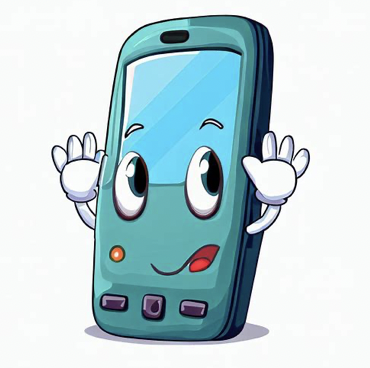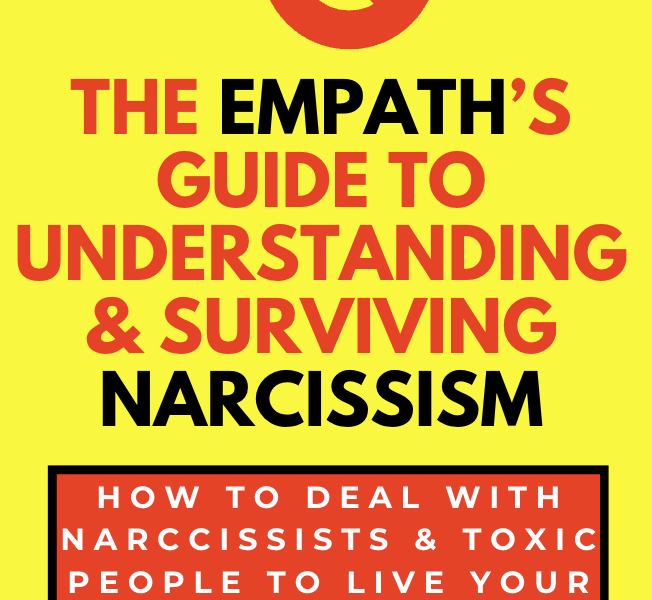Have you ever received a phone call with the caller ID displaying “unavailable”? If so, you might have wondered what it means and why someone would choose to hide their identity.
‘Unavailable’ Phone Call
An ‘unavailable’ phone call typically indicates that the caller’s information is blocked or cannot be recognized, possibly due to privacy settings or network issues.
Below we’ll look more at the meaning behind an ‘unavailable’ phone call, the reasons why someone might make such a call, and the potential implications it can have.
Table of Contents
What Does an ‘Unavailable’ Phone Call Mean?
An ‘unavailable’ phone call refers to a situation where the caller intentionally hides their caller ID information, preventing it from being displayed on the recipient’s phone.
Instead of seeing the caller’s name or number, the recipient will only see the word ‘unavailable’ or a similar message on their screen.
Typically, when someone makes an ‘unavailable’ phone call, they are deliberately concealing their identity.
This can be done through various methods, such as using caller ID blocking services or dialing *67 before making the call.
The purpose behind hiding the caller ID can vary, and we will explore some of the common reasons in the following sections.
Reasons for Making an ‘Unavailable’ Phone Call
There are several reasons why someone might choose to make an ‘unavailable’ phone call:
- Privacy Concerns: Some individuals may have legitimate privacy concerns and prefer not to disclose their identity when making certain calls. This could be due to personal or professional reasons, such as contacting a helpline or discussing sensitive matters.
- Telemarketing and Sales Calls: Telemarketers and salespeople often use ‘unavailable’ phone calls to increase the chances of their calls being answered. By hiding their caller ID, they hope to pique the recipient’s curiosity and encourage them to pick up the call.
- Scammers and Fraudsters: Unfortunately, ‘unavailable’ phone calls are also commonly associated with scams and fraudulent activities. Scammers may hide their identity to deceive unsuspecting individuals and trick them into providing personal information or falling for a scam.
- Prank Calls: Some individuals may make ‘unavailable’ phone calls as a means of playing pranks on others. By hiding their caller ID, they can create a sense of mystery and surprise when the recipient answers the call.
It’s important to note that while there may be legitimate reasons for making an ‘unavailable’ phone call, it is crucial to exercise caution and be aware of potential risks associated with such calls.
The Legality and Ethics of ‘Unavailable’ Phone Calls
The legality and ethics surrounding ‘unavailable’ phone calls can be a complex issue.
While there are legitimate reasons for hiding caller ID, such as privacy concerns, it is essential to consider the potential misuse of this feature.
In many jurisdictions, it is legal to make ‘unavailable’ phone calls as long as they are not used for illegal activities, such as harassment or fraud.
However, the ethical implications of making such calls can vary depending on the intent behind them.
Telemarketers and salespeople, for example, often use ‘unavailable’ phone calls as a strategy to increase their chances of making a successful sale.
While this practice may be legal, it can be seen as deceptive and unethical by some individuals who prefer transparency and honesty in communication.
On the other hand, scammers and fraudsters who hide their caller ID with malicious intent clearly engage in illegal and unethical behavior.
It is important to be vigilant and cautious when receiving ‘unavailable’ phone calls, especially if they involve requests for personal information or financial transactions.
Handling ‘Unavailable’ Phone Calls
Receiving an ‘unavailable’ phone call can be unsettling, but there are steps you can take to handle such calls effectively:
- Do Not Answer: If you are unsure about the identity of the caller or suspect it might be a scam, it is best to let the call go to voicemail. Legitimate callers will often leave a message, allowing you to assess the importance of the call before returning it.
- Block the Number: If you receive repeated ‘unavailable’ phone calls from the same number and believe it to be a nuisance or scam, consider blocking the number on your phone. This will prevent future calls from that specific number.
- Report Scams: If you suspect that an ‘unavailable’ phone call is part of a scam or fraudulent activity, report it to the appropriate authorities. This can help protect others from falling victim to similar scams.
- Use Call Screening Apps: There are various call screening apps available that can help identify and block unwanted calls, including those from ‘unavailable’ numbers. These apps use databases of known scam numbers to warn you before answering the call.
By taking these precautions, you can minimize the potential risks associated with ‘unavailable’ phone calls and protect yourself from scams and unwanted solicitations.
FAQs about ‘Unavailable’ Phone Calls
1. Can I find out the identity of an ‘unavailable’ caller?
No, if the caller has intentionally hidden their caller ID, it can be challenging to determine their identity. However, in some cases, law enforcement agencies may have the means to trace such calls.
2. Are all ‘unavailable’ phone calls scams?
No, not all ‘unavailable’ phone calls are scams. While scammers often hide their caller ID, there can be legitimate reasons for someone to make an ‘unavailable’ call, such as privacy concerns or telemarketing.
3. Should I ever answer an ‘unavailable’ phone call?
If you are unsure about the identity of the caller or suspect it might be a scam, it is generally best to let the call go to voicemail.
Legitimate callers will often leave a message if it is important.
4. Can I block ‘unavailable’ phone calls?
Unfortunately, blocking ‘unavailable’ phone calls can be challenging since the caller ID is intentionally hidden.
However, you can block specific numbers that repeatedly make ‘unavailable’ calls.
5. What should I do if I receive a suspicious ‘unavailable’ phone call?
If you suspect that an ‘unavailable’ phone call is part of a scam or fraudulent activity, report it to the appropriate authorities.
They can investigate and take necessary actions to prevent further scams.
6. Are there any legal consequences for making ‘unavailable’ phone calls?
In many jurisdictions, making ‘unavailable’ phone calls is legal as long as they are not used for illegal activities, such as harassment or fraud.
However, the legality can vary, so it is essential to familiarize yourself with the laws in your jurisdiction.
7. Can ‘unavailable’ phone calls be traced?
In some cases, law enforcement agencies may have the means to trace ‘unavailable’ phone calls.
However, this typically requires a legal process and is not something that individuals can do on their own.
8. Are there any apps that can help identify ‘unavailable’ phone calls?
Yes, there are various call screening apps available that can help identify and block unwanted calls, including those from ‘unavailable’ numbers.
These apps use databases of known scam numbers to warn you before answering the call.
9. Can I find out the location of an ‘unavailable’ caller?
Unless you have access to specialized tools or work in law enforcement, it can be challenging to determine the exact location of an ‘unavailable’ caller.
10. Why do telemarketers use ‘unavailable’ phone calls?
Telemarketers often use ‘unavailable’ phone calls as a strategy to increase their chances of making a successful sale.
By hiding their caller ID, they hope to pique the recipient’s curiosity and encourage them to pick up the call.
11. Can I stop receiving ‘unavailable’ phone calls?
While it may be challenging to completely stop receiving ‘unavailable’ phone calls, you can take steps to minimize them.
These include blocking specific numbers, using call screening apps, and being cautious about sharing your phone number.
12. Are there any risks associated with answering ‘unavailable’ phone calls?
Answering ‘unavailable’ phone calls can potentially expose you to scams or unwanted solicitations.
It is important to exercise caution and be vigilant when dealing with such calls.
13. Can I find out the purpose of an ‘unavailable’ phone call without answering it?
If the caller leaves a voicemail, you can listen to it to get an idea of the purpose of the call.
However, if no voicemail is left, it can be challenging to determine the purpose without answering the call.
14. Can I report ‘unavailable’ phone calls to my phone service provider?
While you can report unwanted calls to your phone service provider, it may be more effective to report scams or fraudulent calls to the appropriate authorities, such as the Federal Trade Commission (FTC) in the United States.
15. Are there any legal alternatives to making ‘unavailable’ phone calls for privacy?
If you have privacy concerns but want to make your identity known, you can consider using services that provide temporary or virtual phone numbers.
These services allow you to maintain privacy while still displaying your caller ID information.
Summary
An ‘unavailable’ phone call refers to a situation where the caller intentionally hides their caller ID information, preventing it from being displayed on the recipient’s phone.
There are various reasons why someone might make an ‘unavailable’ phone call, including privacy concerns, telemarketing, scams, and pranks.
While there may be legitimate reasons for hiding caller ID, it is crucial to exercise caution and be aware of potential risks associated with such calls.
The legality and ethics of ‘unavailable’ phone calls can vary, and it is important to handle them appropriately by not answering, blocking numbers, reporting scams, and using call screening apps.


